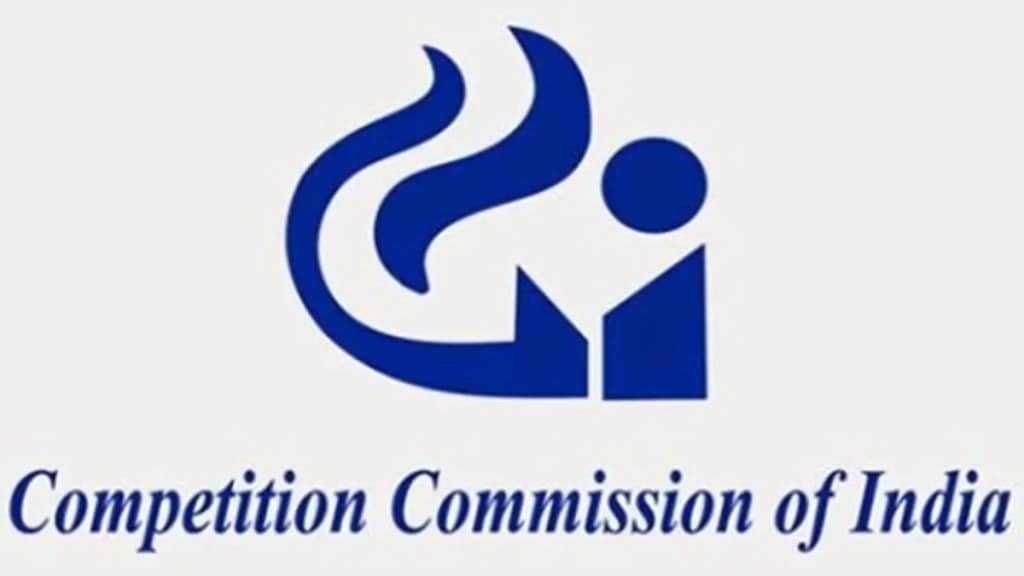Implementing competition law penalties tied to a company’s worldwide revenue will deter more severe violations, promote commitment and settlement choices among entities and expedite corrective actions, according to experts. With the recent amendments taking effect, the Competition Commission of India (CCI) gains the authority to levy fines of up to 10% of a company’s worldwide revenue for breaches of competition law. This provision is poised to particularly affect enterprises with diverse product or service portfolios and holds significance given the ongoing CCI investigations into digital market cases, according to an official statement.
“The provision allowing imposing a penalty of up to 10% of the global turnover draws its inspiration from the provision that is in force in the European Union. With the new norms, the penalty that could be imposed for violations could be higher. As a result, companies and individuals are encouraged to opt for commitment and settlement options or leniency,” Vaibhav Choukse, partner and head of competition law, JSA Advocates and Solicitors, said.
“Big tech players and companies with diverse product and service offerings will bear the brunt if the CCI opts to enforce penalties for violations of competition laws,” he stated, emphasising that in general, the provision regarding penalties tied to a company’s global turnover will serve as a deterrent and contribute to curbing anti-competitive behaviours.
The regulatory authority will have the discretion to decide whether to impose penalties based on either the global turnover or the relevant turnover of a specific company found to have breached competition regulations. Penalties may amount to up to 30% of the average relevant turnover or income, capped at the legal maximum of 10% of the global turnover. In instances where calculating the relevant turnover is impractical, the CCI may opt to consider the company’s global turnover, encompassing all products and services, for determining the penalty, the statement mentioned.
Earlier this week, the corporate affairs ministry officially announced the regulations concerning the determination of penalties linked to a company’s global turnover, as well as procedures for settlement and commitment. Kakkar further emphasised that a strong enforcement of the law would foster a robust competition ecosystem, highlighting the regulator’s consistent empowerment in this aspect.
On the CCI’s penalty guidelines, Choukse said it provides for both aggravating and mitigating factors and the comprehensive methodology to be considered while imposing penalties. According to him, since there is no mention of the transition process, with respect to the implementation of the new norms, it is yet to be clear whether the amended norms will be applicable to ongoing cases as well.
“The amendment, which will allow penalties to be calculated on a company’s global turnover, will help in faster corrective measures to ensure fair competition,” Alay Razvi, partner, Accord Juris LLP, said.
Commitments and settlements can be proposed in cases involving anti-competitive vertical agreements and the abuse of dominant positions, excluding cartelisation, at various stages of the investigation. Regarding these provisions, Choukse noted that they would improve the CCI’s regulatory procedures, facilitating prompt market corrections, particularly in rapidly evolving digital markets. In both commitment and settlement proceedings under competition law, entities are not obligated to admit any wrongdoing, and there is no avenue for appeal.
With inputs from PTI.

